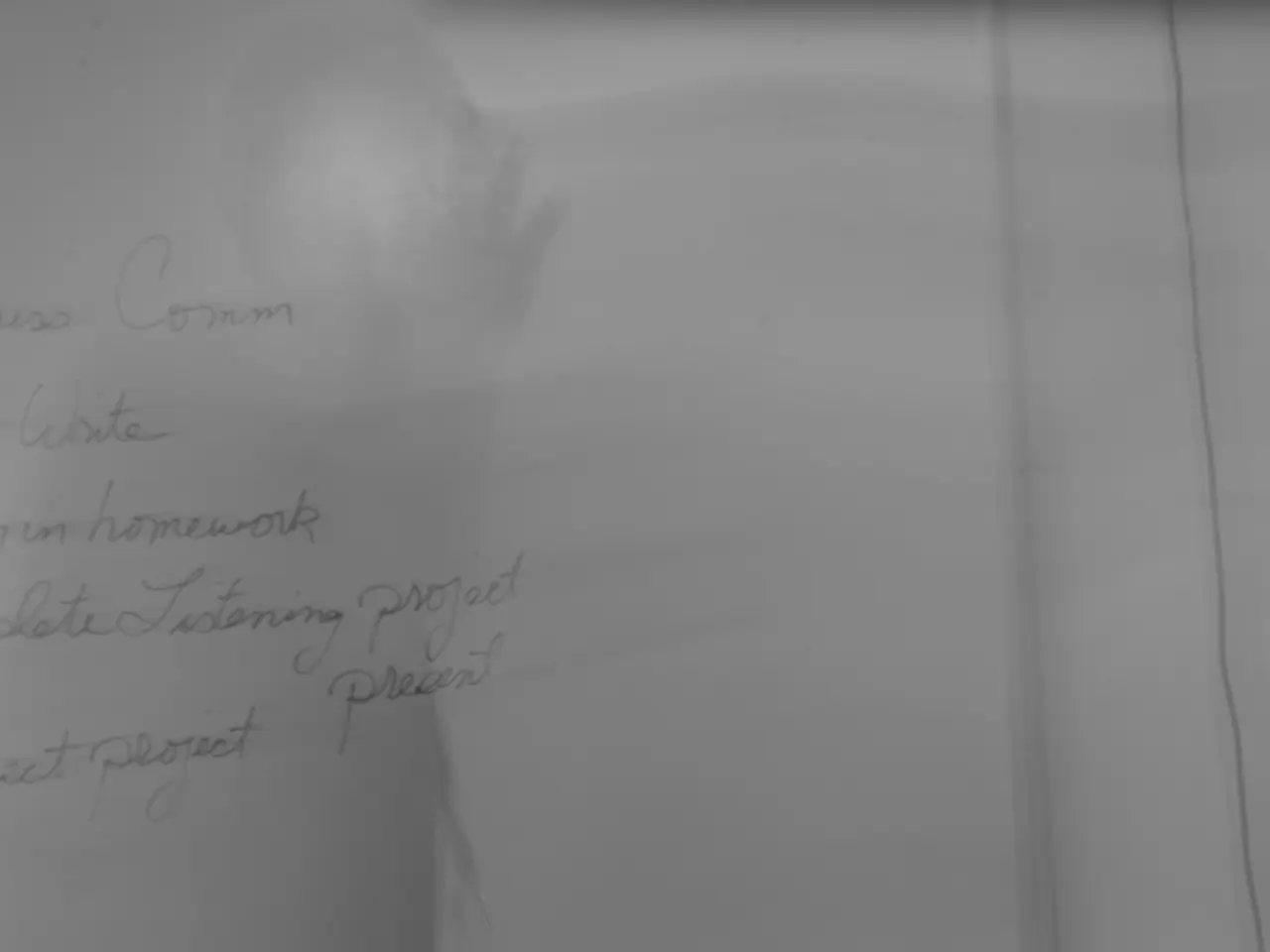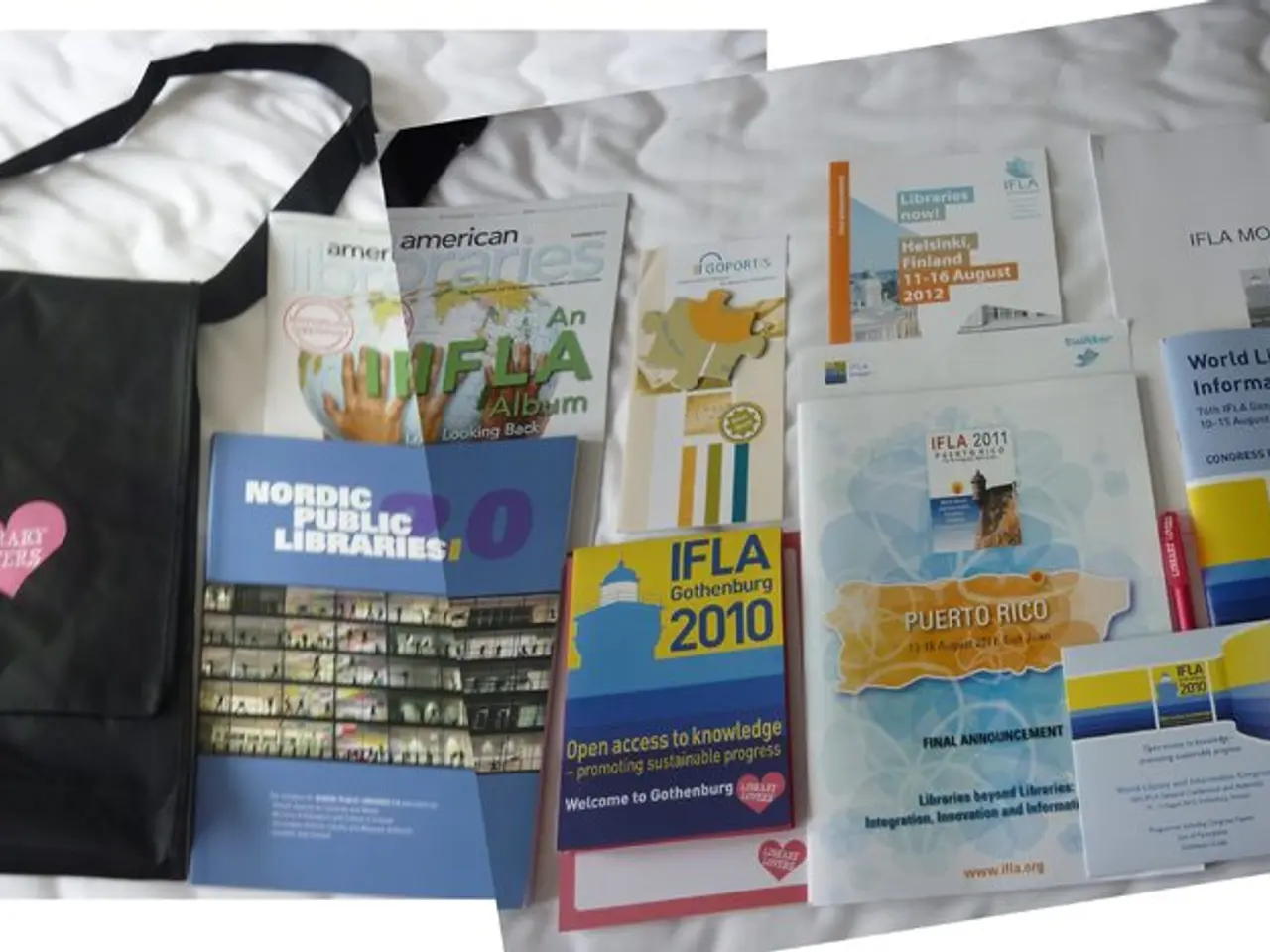Impact of Switzerland's New EU Treaties on Immigrant Flow: An Examination
In a significant development, the Agreement on the Free Movement of Persons (AFMP) between Switzerland and the European Union (EU) is undergoing updates, affecting employment, permanent residency, family reunification, and implementation timelines.
The principle of free movement of people between Switzerland and the EU remains unchanged, but Switzerland has secured a new safeguard clause. This clause allows Switzerland to limit immigration if it causes "serious economic or social problems," such as rising unemployment, cross-border workers, or social welfare claims [1].
In terms of permanent residency, the updated AFMP will more closely align with the EU Citizens Directive, reflecting EU standards for workers and their families [3]. The right to family reunification is broadened and clarified, now extending to registered partners and their dependent ascending relatives, mirroring the EU directive [3].
The new AFMP also includes extendable residence rights for family members arriving through family reunification, even if they no longer work or live with the person who was initially granted the permit. This change reflects modern family structures and provides greater flexibility [3].
EU workers can bring their spouses and children under 21 years of age with them, and the new rules apply to registered same-sex couples, granting them equal rights [4].
The treaty package is currently undergoing public consultation until autumn 2025, with parliamentary debates expected to begin in 2026. A national referendum on the new AFMP is targeted for June 2027, although this timeline may be pushed into 2028 if general elections intervene [2][4]. The outcome of this referendum is crucial, as rejection could risk Switzerland losing its privileged bilateral relationship with the EU, with significant economic and legal consequences [2][4].
Switzerland will align with EU rules in six areas related to the single market, but it will not have a formal say in EU law changes. Disputes under the agreement will be solved by an independent arbitration panel, aiming to safeguard Swiss sovereignty [2].
The new rules are currently on paper, and Swiss voters will have the final say on them in upcoming referendums. The date for the referendums has not yet been set.
In the process of alignment with EU standards, Switzerland's education-and-self-development sector could potentially witness changes as the updated AFMP reflects EU guidelines for workers and their families, which may impact general-news discussions related to immigration policies. On the other hand, sports enthusiasts might find common ground in international competitions as Switzerland maintains its bilateral relationship with the EU, given the potential economic and legal consequences of negative referendum outcomes.




